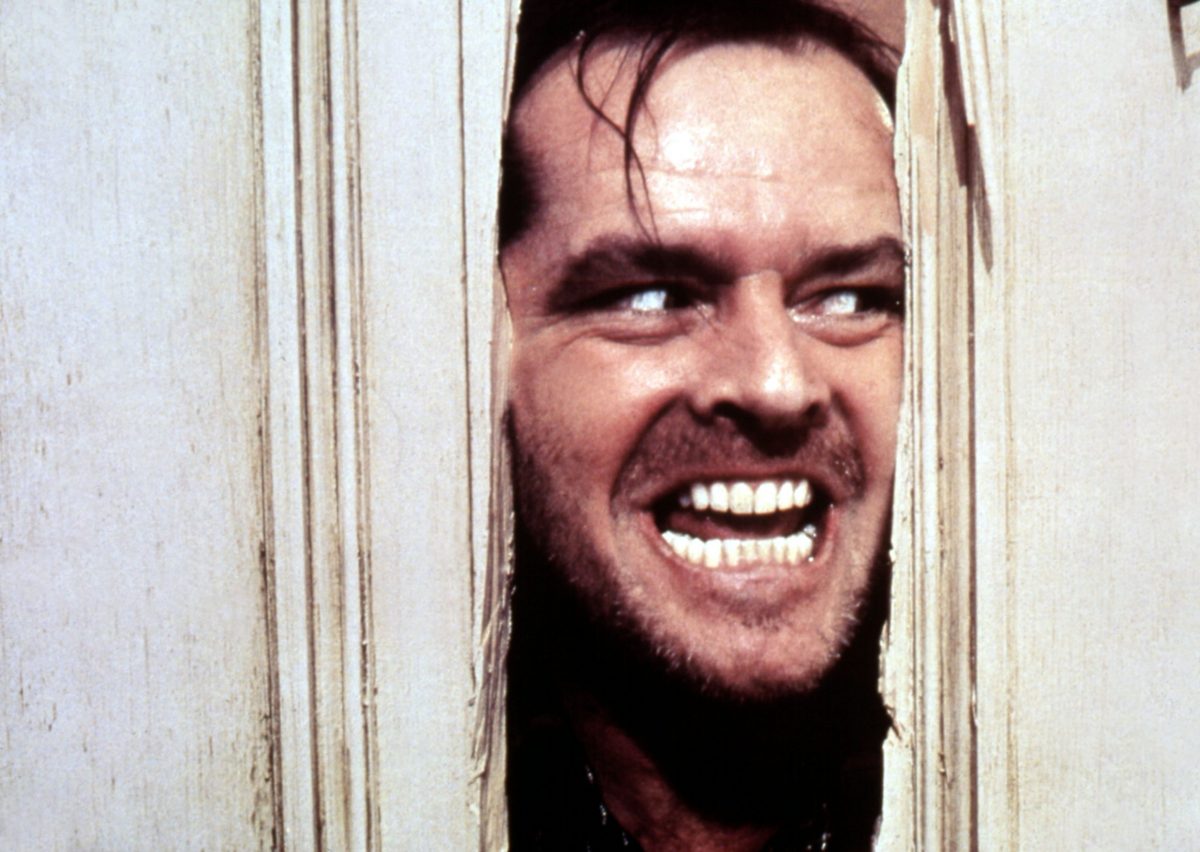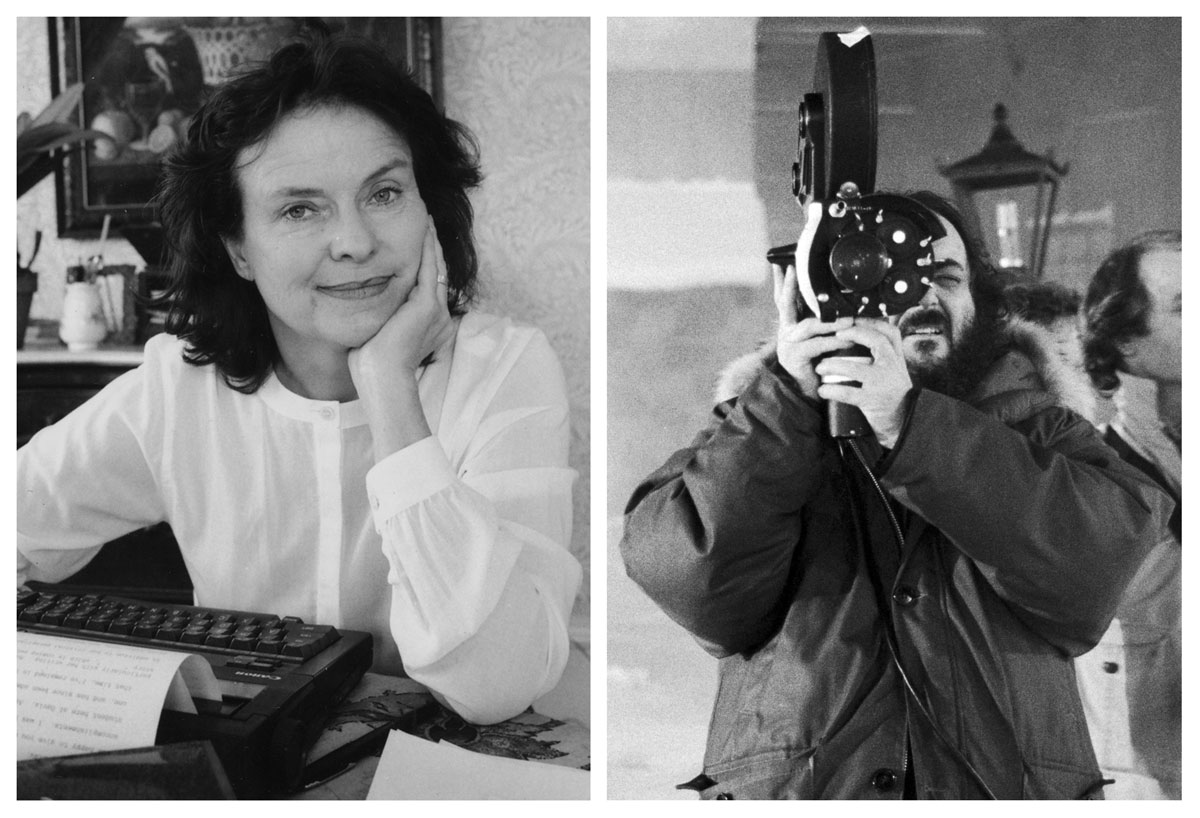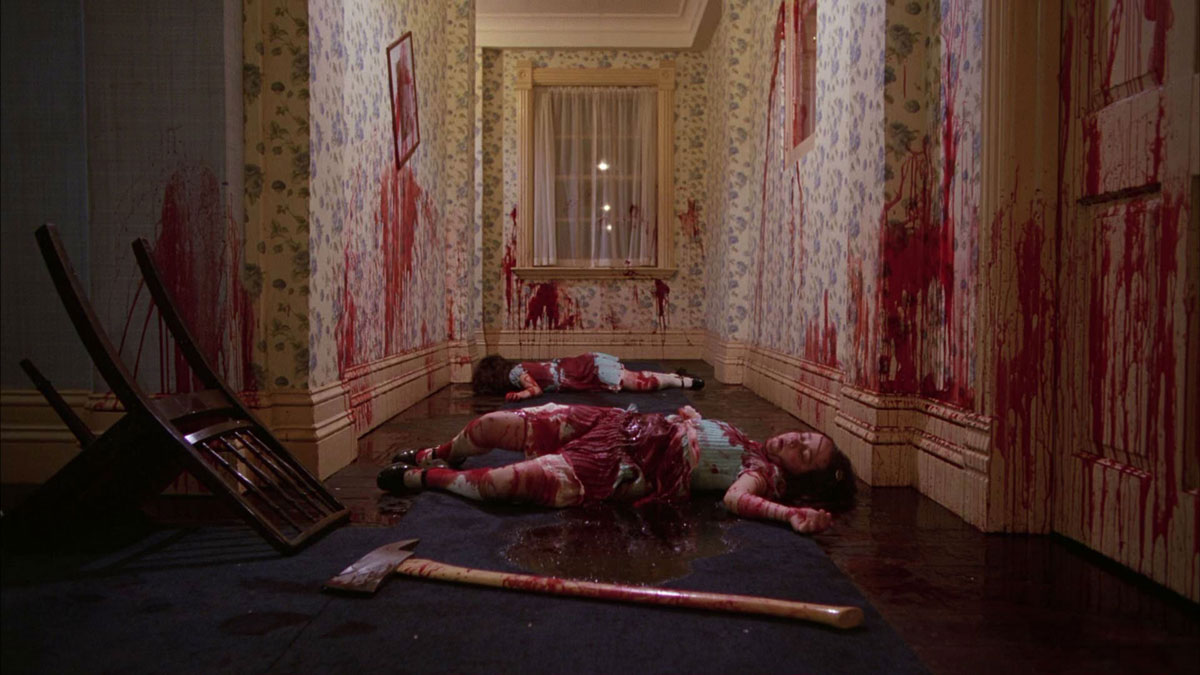
The Shining – Review by Stanley Kauffmann
The Shining doesn’t scare. The only pang in it is that it’s another step in Kubrick’s descent.

The Shining doesn’t scare. The only pang in it is that it’s another step in Kubrick’s descent.
By taking a book by an author who is at the center of the craze for the supernatural, and turning it into a refusal of and subtle comment on that loopy cultural phenomenon, Kubrick has made a movie that will have to be reckoned with on the highest level
In this essay on The Shining, Paul Miers asserts that “to understand Kubrick’s achievement one must attempt a reading of the mass-market book on which it is based.”
Stanley Kubrick, it appears, has raised many of the same questions through his films as Nathaniel Hawthorne did with his writing. In fact, they seem to share similar psychologically based images despite being separated by 100 years and Kubrick’s use of a medium that Hawthorne never experienced.
Vedere, rivedere, stravedere. Sarà possibile inventare uno «stravedere» come possibile ulteriore significato di «to overlook». In ogni caso, Shining è un film da vedere rivedere stravedere, portando la «stravisione» oltre l’intransitività dello «stravedere (per – qualcuno o qualcosa – )». Ed è un film che stravede il cinema e nel cinema, il futuro negli anni ’80.
Jack has consistently avoided the movie-star trap of appearing in a string of safe, conventional movies by involving himself with films made by off-center creative artists involved in honest efforts to put something new and daring on the screen.
In this exclusive interview, Stephen King discusses his past work, his inspirations, his attitudes toward the genre, and his future projects.
“The Shining” is not Kubrick’s greatest film or his greatest gamble, but it is his most ambitious attempt to connect with a mass audience.
Far from showing an ignorance of horror, as King asserts, the film shows Kubrick’s depth of knowledge of film form and its possibilities.
The impact of past violence on the present is examined in the novel and film versions of The Shining. John Lutz’s essay pinpoints in these works three interrelated elements of what Freud called the “uncanny”—the domestic abuse story, “the postcolonial narrative of American expansion at the expense of nonwhite victims, and the desire for power and control that underlies commodification and the social hierarchies that reinforce it.”
Il presente contributo di Giorgio Cremonini è inserito nel numero monografico intitolato “Quel che resta nella cornice”, dedicato alla descrizione di alcune tra le più suggestive inquadrature della storia del cinema.

We each began by deconstructing King’s novel separately, reducing it to essential scenes, comparing our lists of scenes, and winnowing them down to a hundred or so. I tore bits of exposition and dialogue out of a paperback copy of the novel and put them in little envelopes on which were written “# 1 The Arrival,” and so on.
The following conversation with writer Diane Johnson, excerpted from an extended interview conducted by Larry McCaffery, centers on her experience as the scriptwriter for Stanley Kubrick ‘s film The Shining.
Both Kubrick and King merit congratulations for making The Shining one of the most overpowering experiences of horror ever committed to celluloid. It manages to treat intangible, elusive subjects—ghosts, demons, spirits and the like—as if they were as real as this morning’s headlines.
by Flo Leibowitz and Lynn Jeffress To all appearances, The Shining is simply a hopelessly clichéd gothic horror film. Can this be serious? A lonely

The Shining is a horror movie only in the sense that all Kubrick’s mature work has been horror movies—films that constitute a Swiftian vision of inscrutable cosmic order, and of “the most pernicious race of little vermin that nature ever suffered to crawl upon the surface of the earth.”
Kubrick’s adaptation of King’s novel, while it maintains elements necessary to cue the genre of the horror film, expands King’s work of popular entertainment into a thoroughly postmodern work of art.
by Thomas Allen Nelson After Barry Lyndon, his least commercially successful but one of his most artistically satisfying films, Stanley Kubrick turned to a contemporary
A recent variation in the horror movie genre has been a series of films about middle class life in America in which the source of potential hazard is middle class life.
Toward a Post-structural Influence in Film Genre Study: Intertextuality and The Shining. Essay by Walter Metz
![The Shining (1980) Dick Halloran [Scatman Crothers]](https://scrapsfromtheloft.com/wp-content/uploads/2017/02/The-Shining-1980-Dick-Halloran-Scatman-Crothers.jpg)
“I wanted to play the part of Dick Halloran before I even knew that they were going to make the movie,” says Scatman Crothers
Get the best articles once a week directly to your inbox!